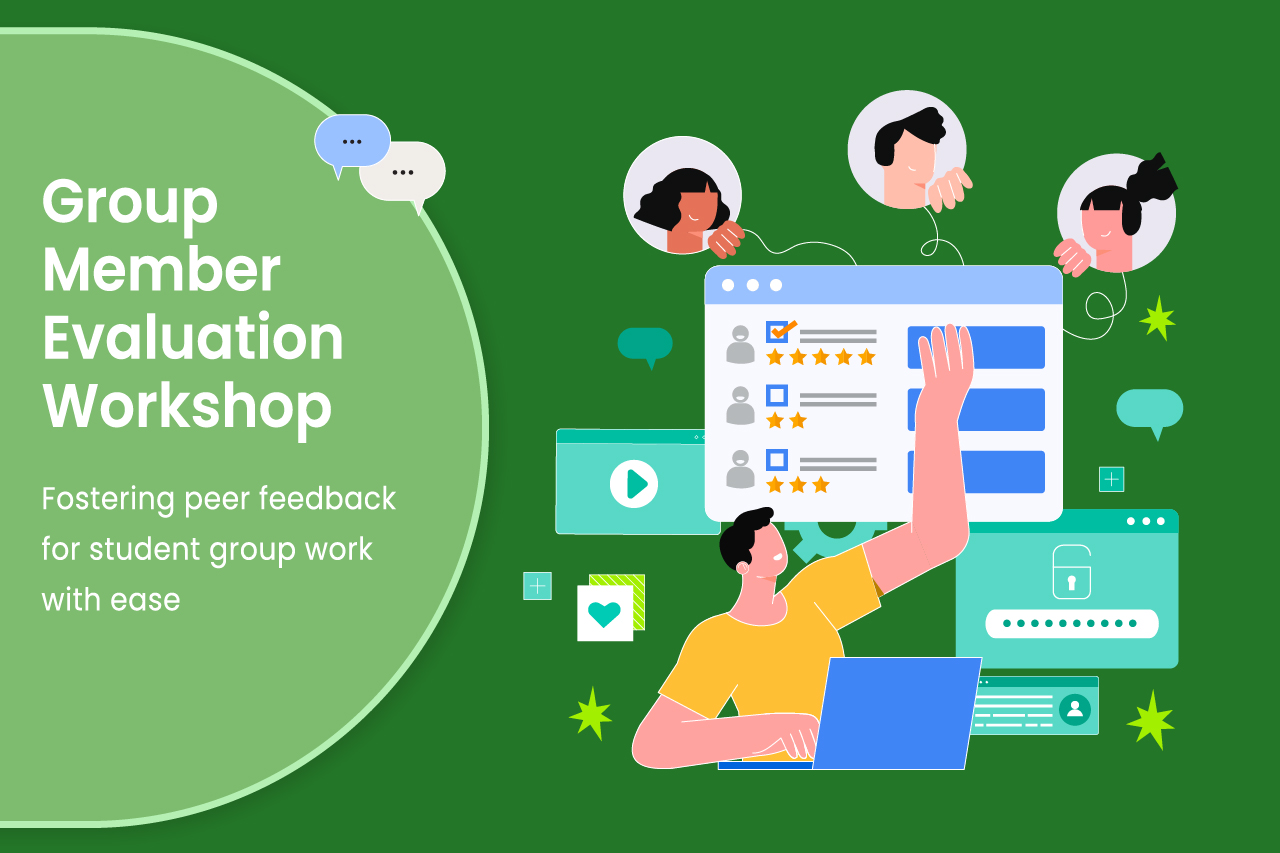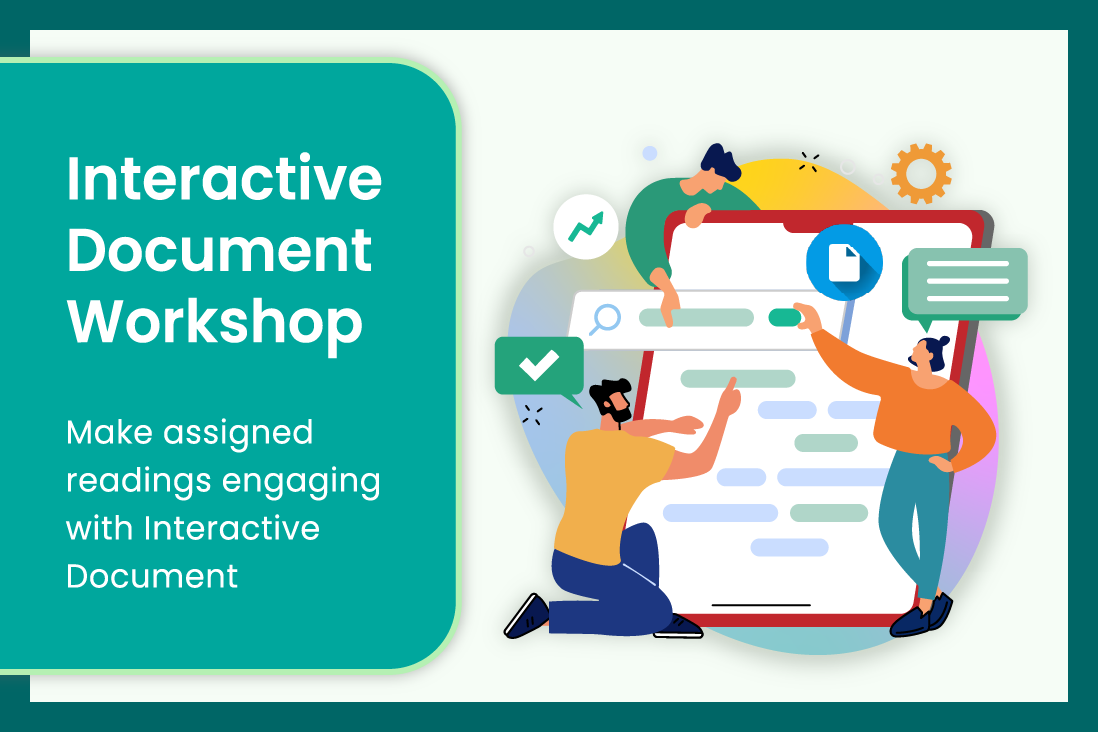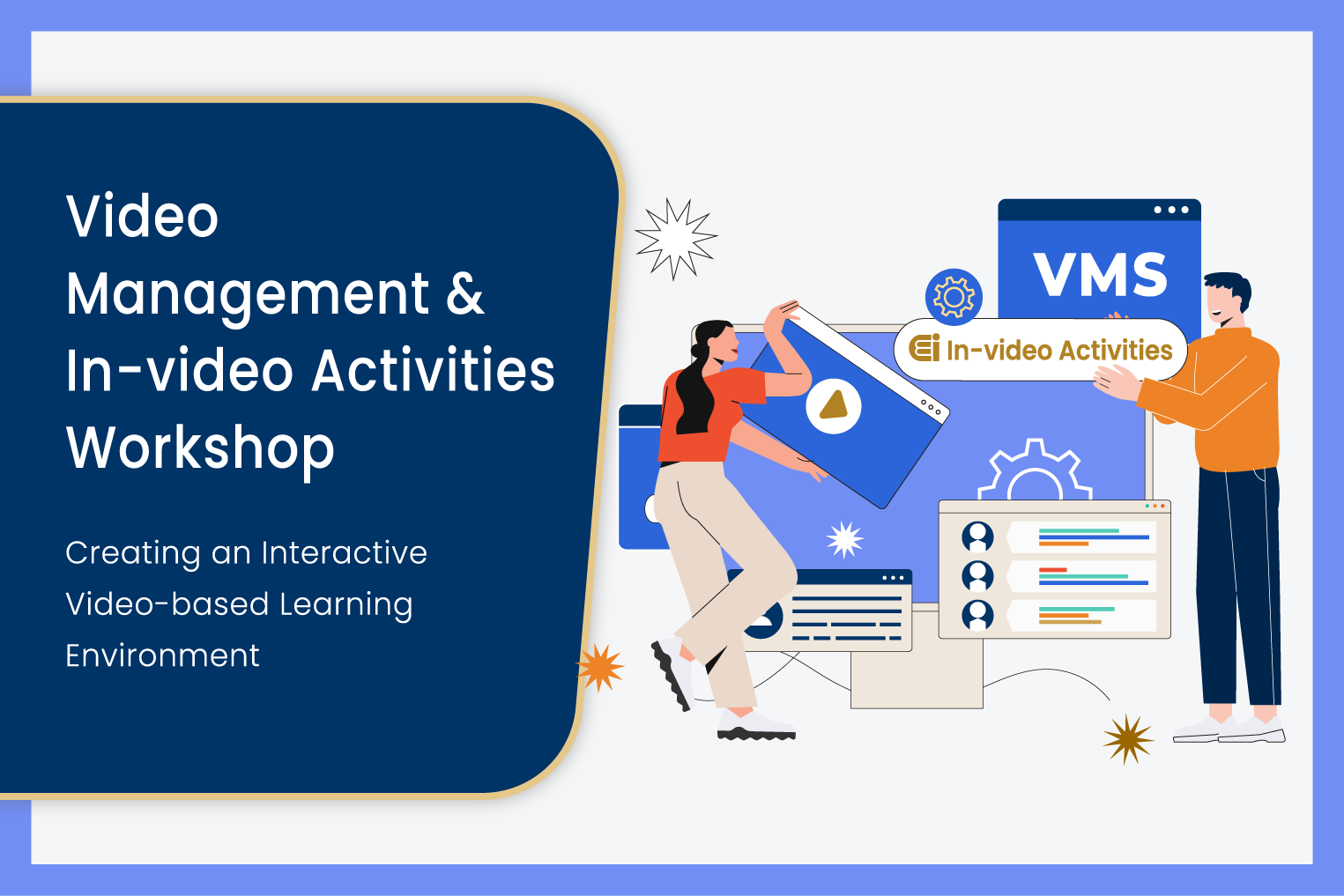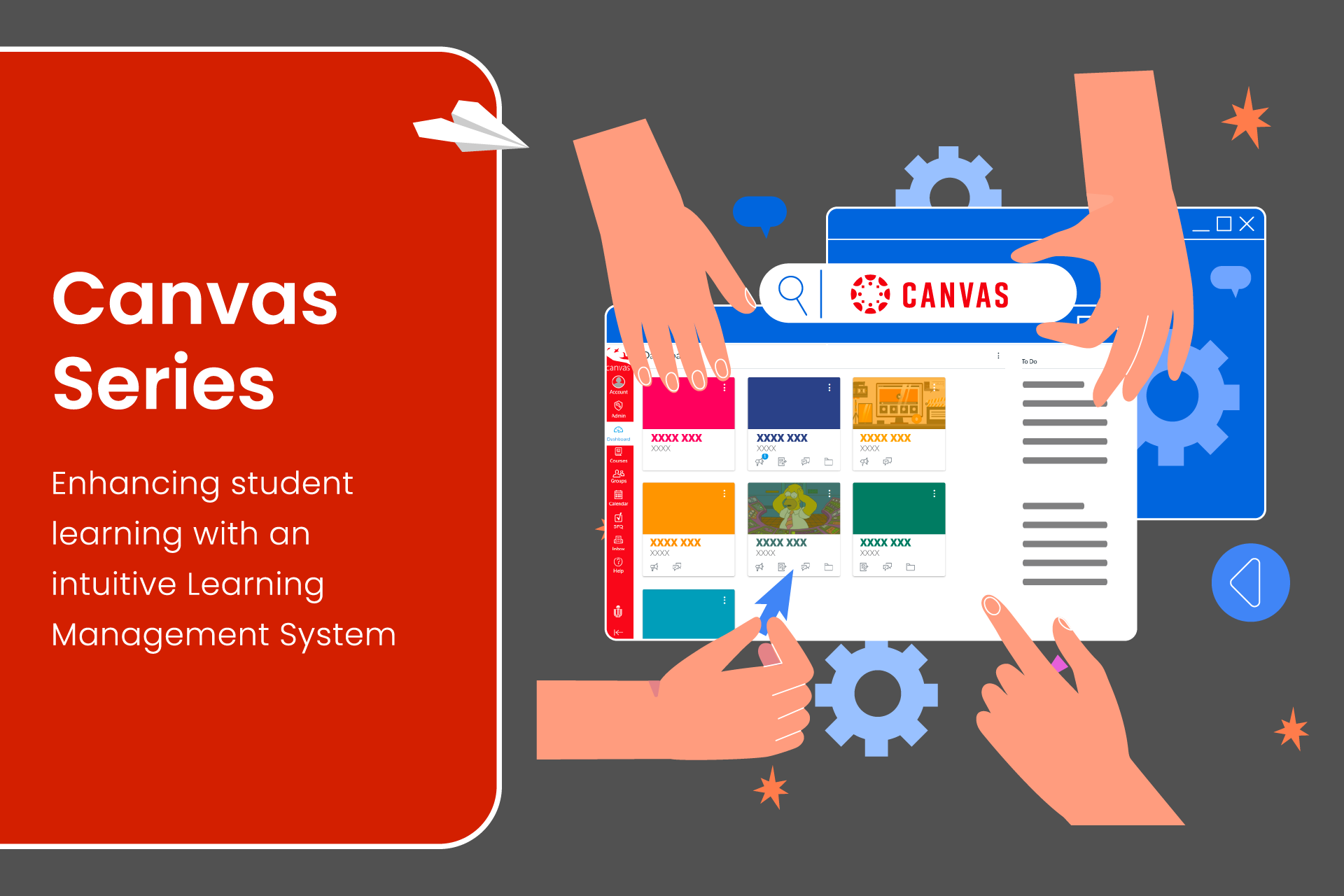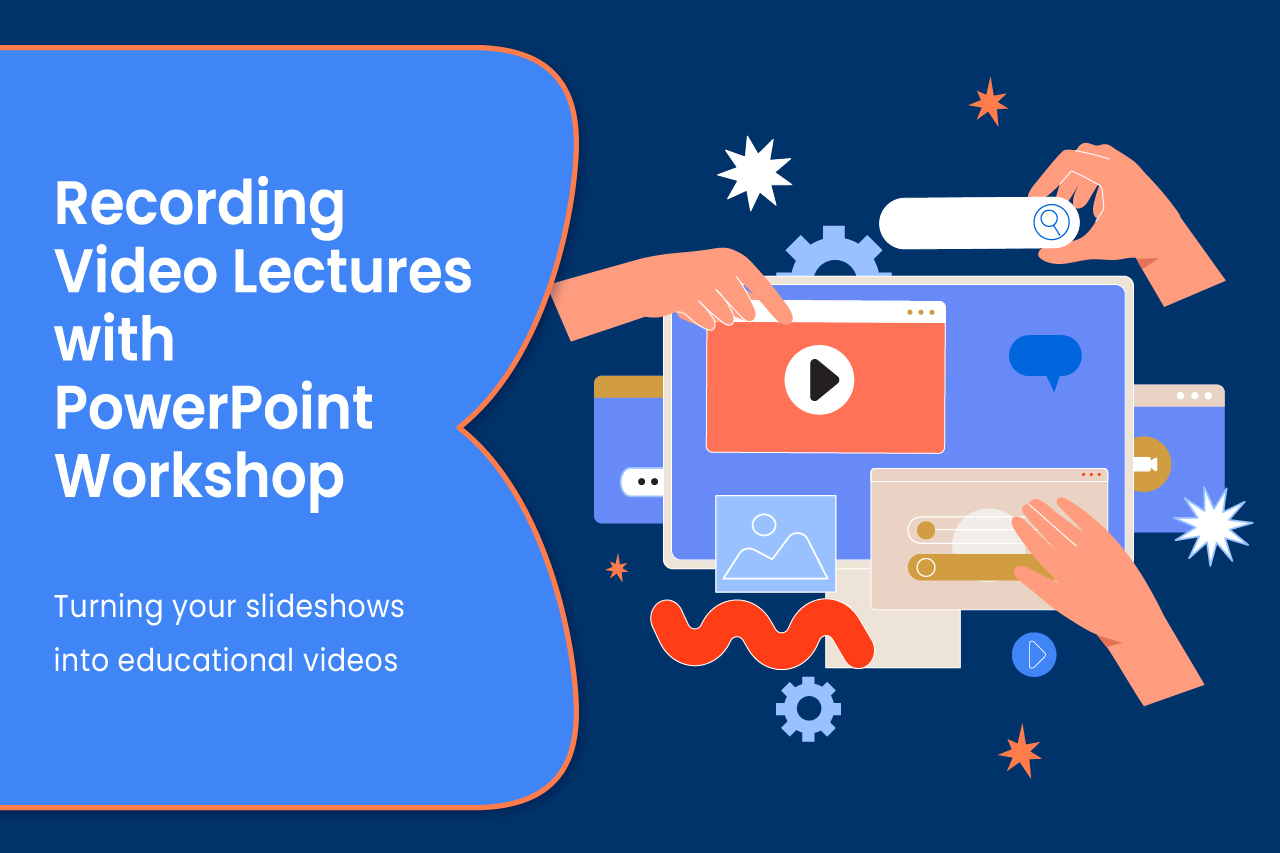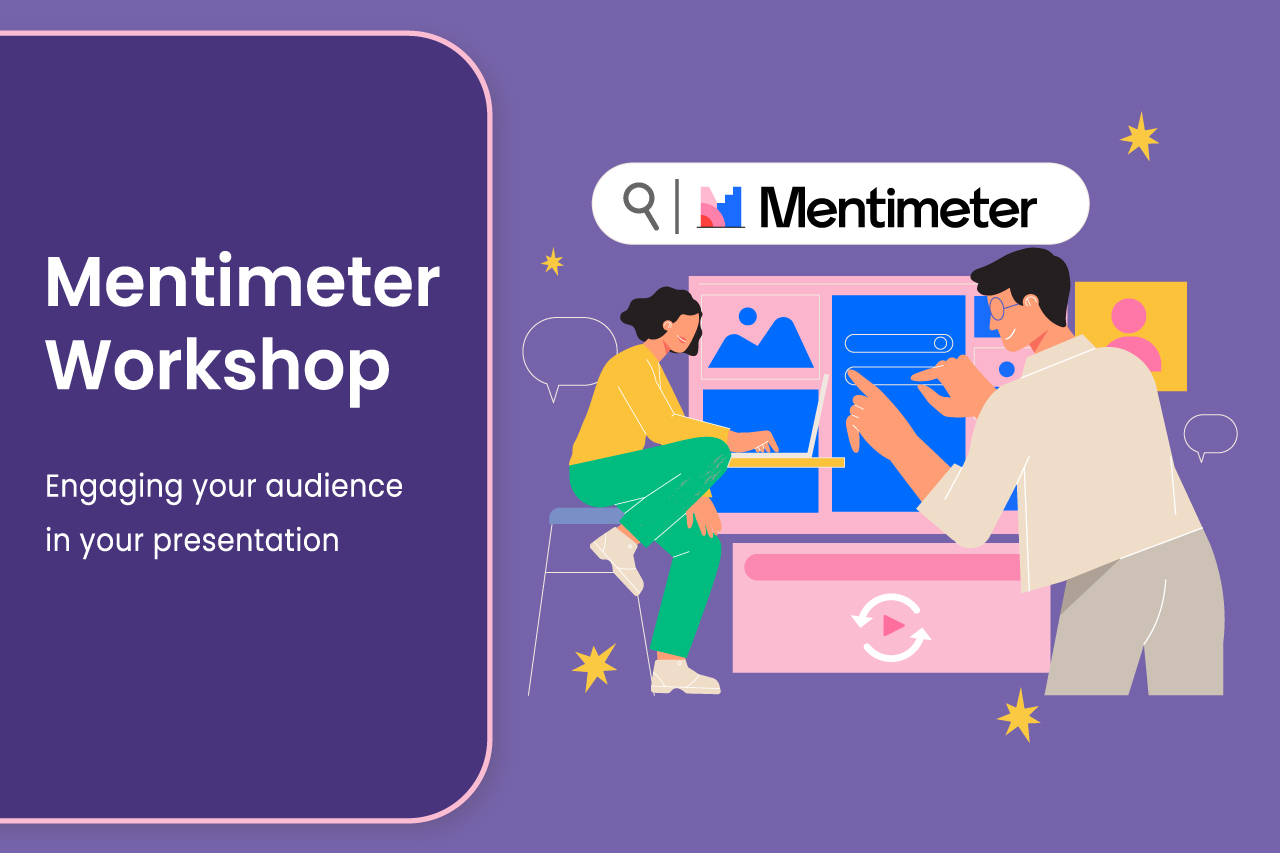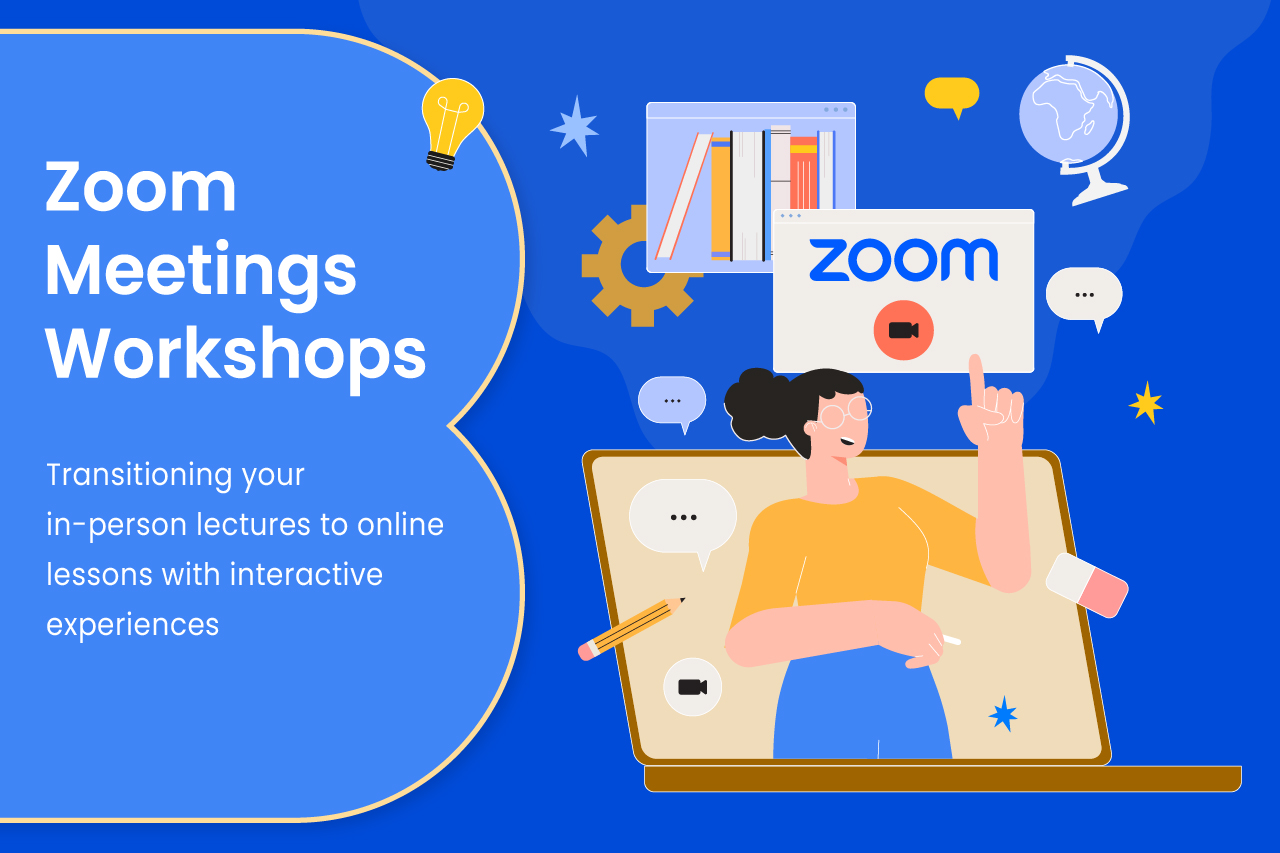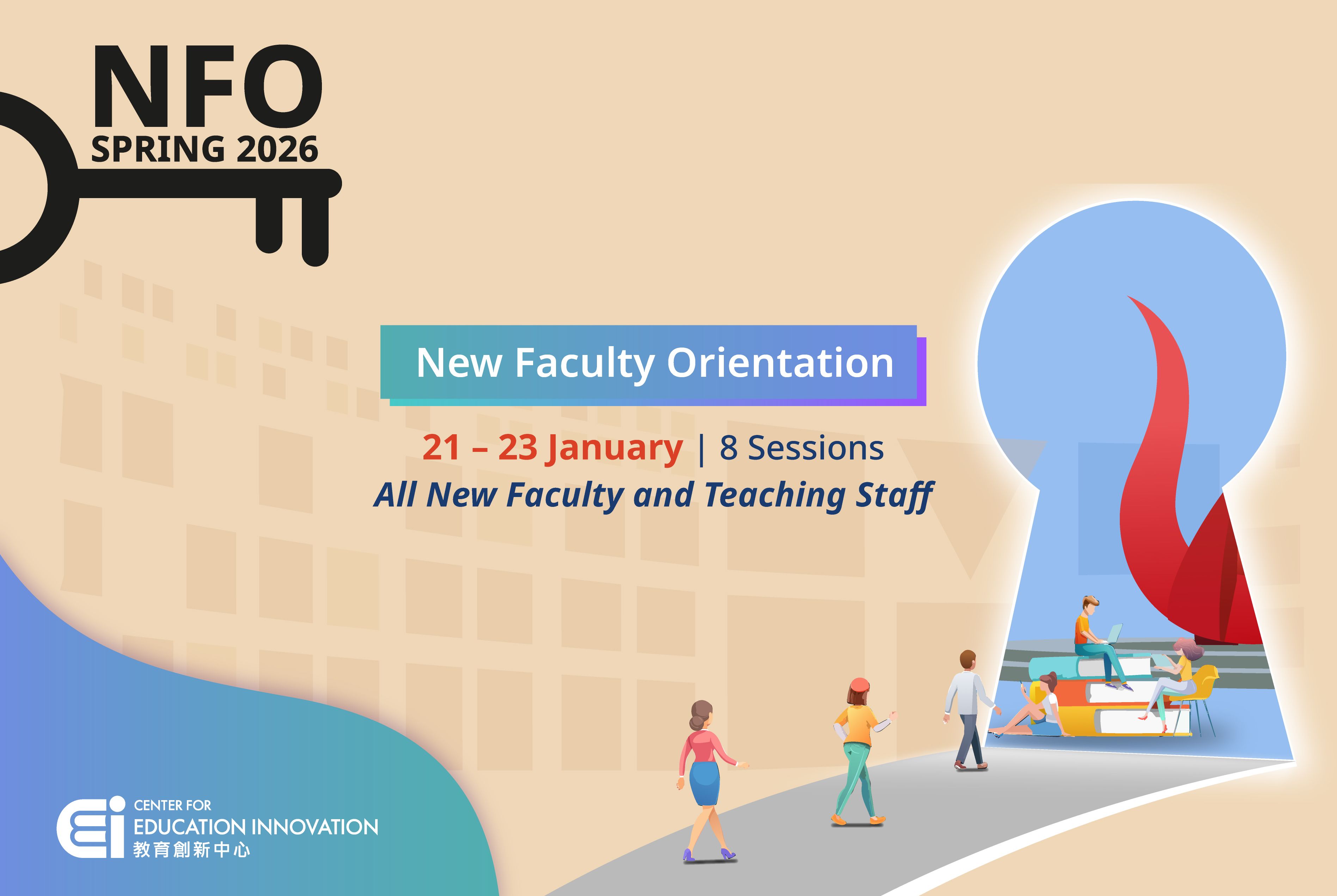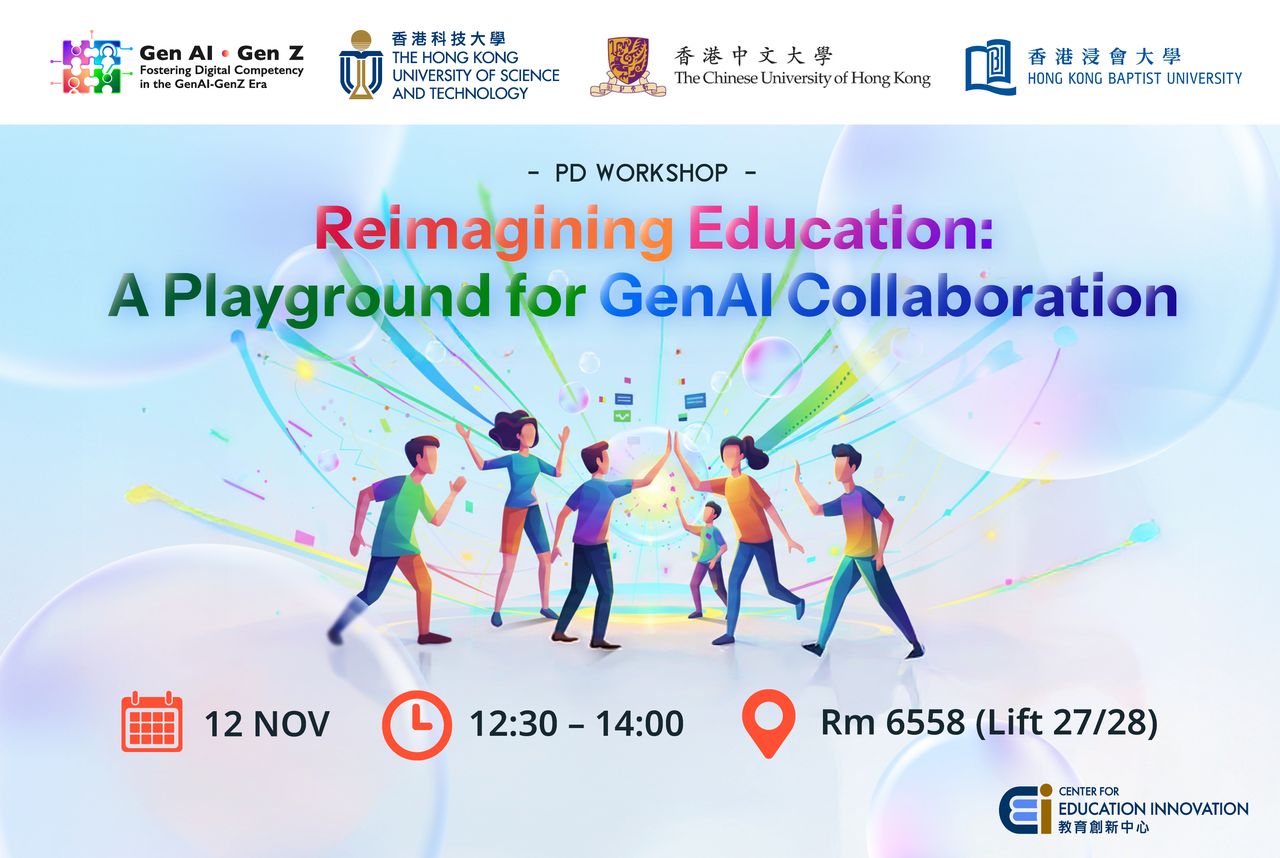New Faculty Orientation: Teaching and Learning at HKUST | Fall 2021
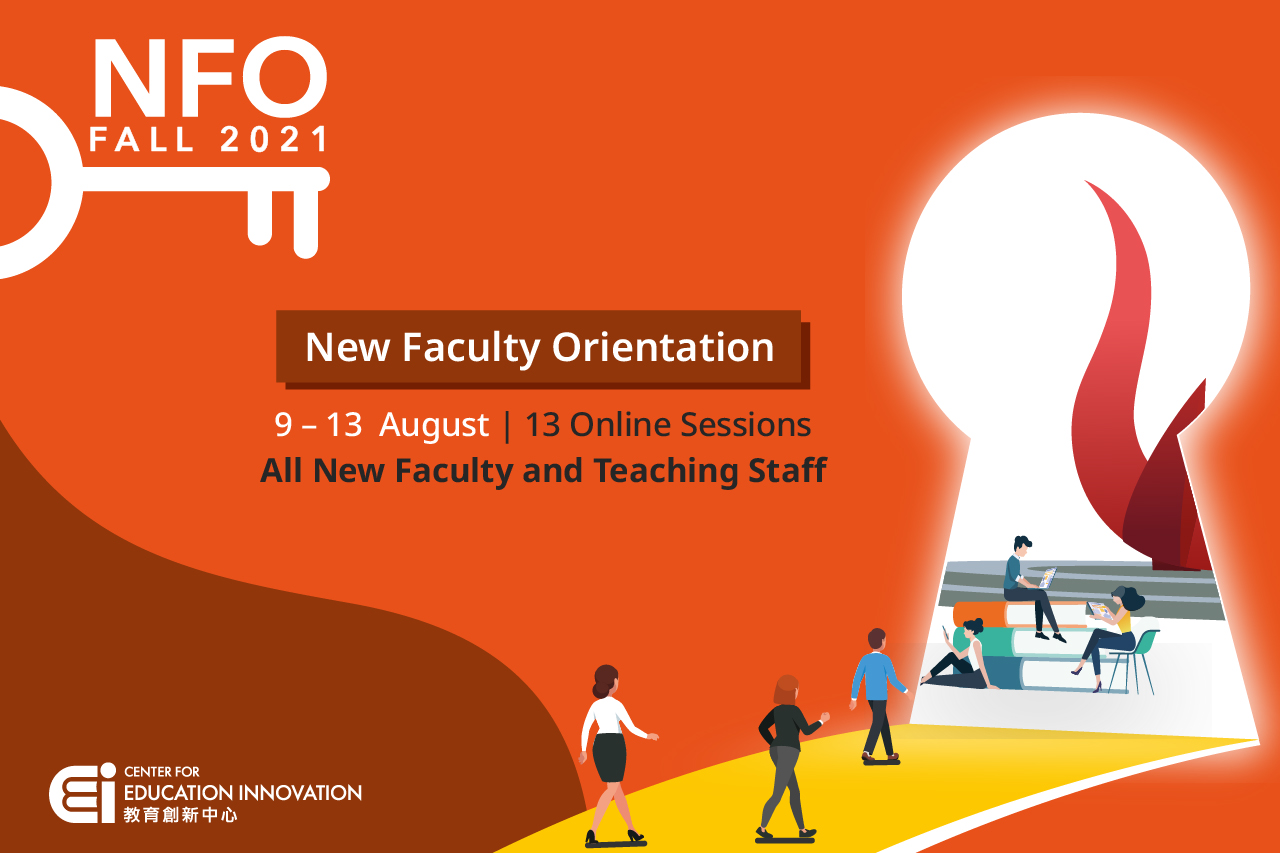
The New Faculty Orientation (NFO) is an introductory program for teaching and learning at the HKUST campuses for all teaching staff who have recently joined the University. This program is designed to familiarise new staff with the key aspects of teaching and learning in the context of HKUST.
The orientation includes a brief overview of the 4-year UG curriculum; the Common Core program, our UG student demographics; and effective ways to solicit feedback for your teaching. In addition, distinguished teaching award winners and experienced faculty will share their teaching practices and advise newly arrived faculty. Given the latest development of COVID-19 and the University’s latest teaching and learning arrangements, we have also included sessions to provide training for using Zoom for teaching.
The orientation covered three key areas that can help new faculty and teaching staff kickstart teaching at HKUST.
- Teaching and Learning at HKUST (5 sessions)
- eLearning Tools and Platforms for Teaching (6 sessions)
- Teaching Support at HKUST (2 sessions)
| Date: | 09 - 13 Aug 2021 |
|---|---|
| Venue: | Online via Zoom |
Program Rundown
(45 min)
(30 min)
(60 min)
(75 min)
(60 min)
(60 min)
(90 min)
(90 min)
(90 min)
(90 min)
(90 min)
(90 min)
(90 min)
Session Descriptions
Session 1: Overview of Teaching and Learning at HKUST
Prof. Anirban Mukhopadhyay, Associate Provost (Teaching and Learning)
This session is intended to provide you with an understanding of the specific issues related to teaching and learning at HKUST. During the session, you can hear from the Associate Provost for Teaching and Learning in areas of importance to you as a new academic, including an overview of the 4-year UG curriculum, pedagogical approaches, teaching practice performance indicators, and strategic teaching and learning initiatives.
Session 2: Overview of the Common Core Program
Prof. Woo Kam Tim, Director of University Common Education
The Common Core Program is a vital part of the undergraduate educational experience, complementing studies in specialist disciplines and other learning opportunities. In the session, the Academic Director of Undergraduate Core Education will give you an overview of the common core curriculum and the common core course development process.
Session 3: Knowing Your Students, Teaching in Diverse Classroom
Dr. Beatrice Chu, Head of Professional Development, Center for Education Innovation
This session is intended to let us learn about you, such as your background and previous teaching experience, and let you know about the UG students at HKUST. The session will introduce the characteristics of UG students, including demographics, background, and study habits. Diversity of HKUST’s student body and teaching for diversity will also be touched upon.
Session 4: Sharing from HKUST Professors
Prof. Andrew Horner, Associate Head (Education), Dept of Computer Science and Engineering
Dr. Meike Sauerwein, Lecturer, Division of Environment & Sustainability
In this session, you can learn from experienced faculty and teaching award winners regarding some good teaching practices that can enhance student learning. This session will be structured in an informal format, and participants are encouraged to exchange ideas with speakers on aspects that bring about good teaching at UST.
Session 5: Getting Feedback on Your Teaching
Nick Noakes, Director of Center for Education Innovation
Gathering feedback from students about your teaching can be useful in helping you to develop and refine your teaching. This session will provide different ways that you can obtain feedback on your teaching both during a course and at the end of a semester.
Session 6: ITSC Support and PRS for Teaching
Mr. Dennis Ko, ITSC Support for Teaching
Miss Liona Cheung, PRS for Teaching
In this session, the Information Technology Service Center (ITSC) will introduce all major IT and AV facilities available in central managed classrooms. ITSC will also walk you through the set-up of Personal Response System (PRS) sessions and the ways that the PRS facilitates classroom teaching.
Session 7: Zoom Basics
May Tse and Rambo Lai, Center for Education Innovation
This workshop is designed to introduce Zoom's basic features for new faculty and teaching staff who have not used Zoom for teaching and will cover:
- interacting as a student and suggested student etiquette
- using basic features to facilitate live online lessons and manage interaction (screen share, annotations, chat, raise hands, and mute/unmute)
- understanding Zoom global settings, basic settings and scheduling recurring Zoom sessions through Canvas
- accessing and publishing recorded Zoom sessions in Canvas after a class
- viewing Zoom attendance records in Canvas after a class
Session 8: Zoom Polling
May Tse and Rambo Lai, Center for Education Innovation
Using polling in online live lectures to gather instant responses from students, check the temperature of the class, and get a feel for student understanding throughout your lesson.
- Experience Single Answer. Multiple Selections and Multiple Questions within a poll
- Creating Polls on the fly during the session
- Creating Polls before the session
- Using non-verbal YES/NO buttons as a poll
- Downloading Poll results
Session 9: Library Support for Teaching and Research
Librarians
This session will give you a brief overview of author’s rights and academic publishing, such as copyright, options for publishing and funding agency’s requirement.
Then you will join your subject librarian in a small group where they will introduce you to important electronic resources and services, for example: pertinent databases & e-journals, inter-library loan, library instruction classes for your student's course assignments, course reserve, the HKUST SPD, DataSpace, etc.
Session 10: Zoom Breakout Rooms
May Tse and Rambo Lai, Center for Education Innovation
Use Zoom Breakout Rooms to facilitate group discussions during your live online class - giving students opportunities to articulate their understanding or apply new concepts learned through collaborative groupwork.
- Explore audio, video and screen share controls inside a Breakout Room
- How to set-up Breakout Rooms – manual, random or pre-assign groups
- Roles of Host vs Co-host during Breakout Room
- Managing groups and Pedagogical Best Practices with Breakout Rooms
Session 11: Zoom Whiteboard
Dr. Beatrice Chu, Center for Education Innovation
Use whiteboard alternatives in online live lectures for handwriting math equations, chemical reactions, etc. The module will cover:
- Experience using the Whiteboard in Zoom
- Use a webcam or a mobile phone with a mount as a visualizer (i.e. document camera) and handwrite formulae and equations on a piece of paper
- Use a pen computing device (e.g. iPad Pro, MS Surface, Wacom Tablet) and digitally write formulae and equations on the device
Session 12: Canvas Basics
May Tse and Rambo Lai, Center for Education Innovation
Canvas is a comprehensive and user-friendly Learning Management System adopted by the University in 2014 to support its changing learning and teaching needs. In this hands-on session, we will guide you through key basic features in Canvas such as creating and managing course content, communicating with students, monitoring learning progress, and grading students’ work.
Session 13: Explore the Steps to Mixed Mode Teaching
Amy Chong and Chris Tse, Center for Education Innovation
Mixed Mode teaching is when a teacher is facilitating a live class of online students and in- class students at the same time, which can provide the flexibility to accommodate students overseas and follow safety precautions for faculty and students on campus. In this session, we would like to share how it can be adapted for your course. The session will cover:
- What is Mixed Mode and other flexible options
- Pedagogy with sample lesson plans
- Equipment and classroom set-up


